


On the occasion of the late Ratan Tata's birth anniversary, take a look at the breakdown of the former chairman emeritus of Tata Sons' estimated net worth of Rs. 7,900 crores. Known for his philanthropy, a significant portion of his wealth was donated to charitable trusts. In addition to his investments in startups and tech companies, Tata also had a passion for cars, with a collection that included models from Tata, Mercedes-Benz, Land Rover, Maserati, and more. Interestingly, 66% of Tata Sons' profits were allocated to charitable works in areas like healthcare and education.
Ratan Tata: A Legacy of Philanthropy and Business Acumen
Ratan Naval Tata, the late chairman emeritus of Tata Sons, was an enigmatic figure known for his unwavering commitment to philanthropy and visionary business leadership. On his birth anniversary, let's delve into his remarkable life and legacy.
Early Life and Career:
Born in 1937 into the illustrious Tata family, Ratan Tata inherited a deep-rooted belief in giving back to society. After completing his studies in architecture and business, he joined Tata Industries in 1962. His rise through the ranks was marked by his keen business acumen and a deep understanding of the company's values.
Transformation of the Tata Group:
Under Tata's leadership, Tata Sons grew into one of the largest and most respected conglomerates in the world. He spearheaded landmark acquisitions and strategic investments that transformed the group into a global powerhouse. Tata's vision extended beyond business, encompassing a deep concern for social and environmental issues.
Philanthropic Endeavors:
Ratan Tata's philanthropic efforts were as legendary as his business achievements. Through the Tata Trusts, he donated liberally to causes such as healthcare, education, and rural development. Notably, 66% of Tata Sons' profits were allocated to charitable works, demonstrating his unwavering commitment to giving back.
Personal Interests and Collection:
Beyond his professional pursuits, Ratan Tata harbored a passion for automobiles. His personal car collection boasted a diverse range of models from Tata, Mercedes-Benz, Land Rover, Maserati, and more. His love for cars extended to designing his own personal vehicle, the Tata Nano.
Top 5 FAQs and Answers:
1. What was Ratan Tata's net worth? Ans: Approximately Rs. 7,900 crores, a significant portion of which was donated to charity.
2. What was Ratan Tata's vision for Tata Sons? Ans: To build a globally competitive conglomerate that would positively impact society through its business operations.
3. What was Ratan Tata's philanthropic focus? Ans: Healthcare, education, rural development, and environmental conservation.
4. What was Ratan Tata's passion for cars? Ans: He collected a diverse range of luxury and performance vehicles and designed the Tata Nano.
5. What is the legacy of Ratan Tata? Ans: A renowned business leader and philanthropist who transformed the Tata Group into a global force while embodying the values of giving back and social responsibility.

Uber's underperformance in the stock market may not reflect any weakness in the company's business fundamentals. Despite the fear surrounding the potential for robotaxis to disrupt the ride-sharing industry, Uber has the flexibility, financial stability, and adaptability to remain a significant player in the mobility industry. With a strong track record of revenue and profit growth, expanding profit margins, and impressive cash flow, Uber appears undervalued and worth considering as a buy for long-term investors.

A Bengaluru court has granted interim bail to Nikita Singhania, the wife of deceased techie Atul Subhash. Atul had passed away last month, following which Nikita was accused by his family of provoking him to commit suicide. However, the court has granted her bail, allowing for further investigation into the matter. This decision by the court has brought some relief to Nikita and her family amidst this tragedy.
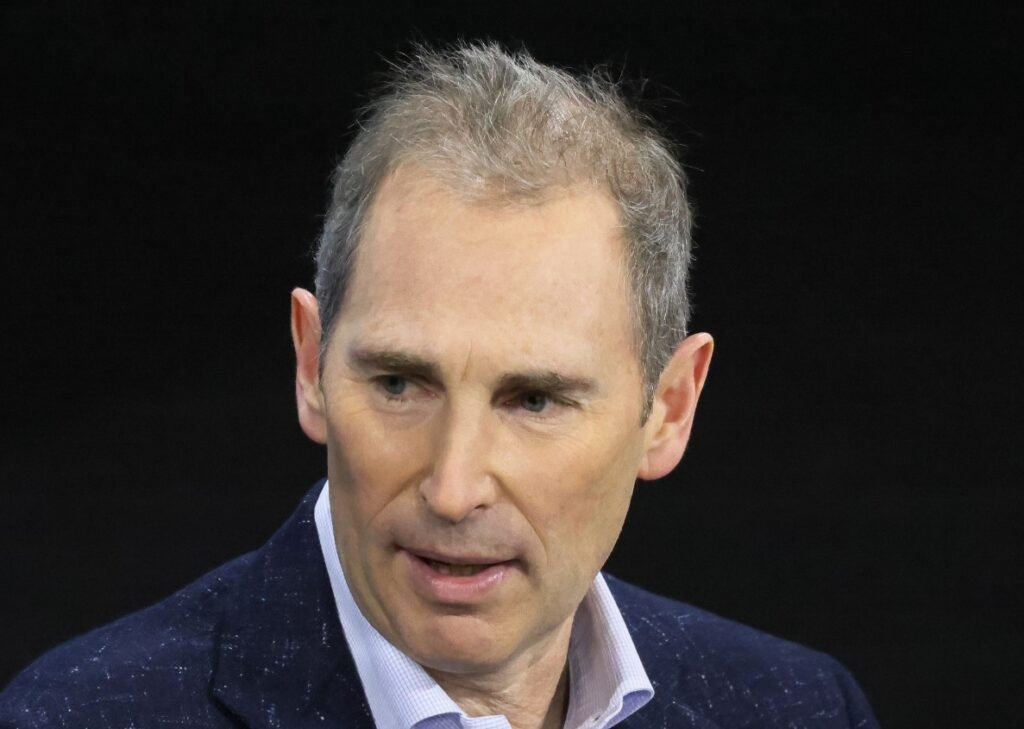
Amazon's chief executive Andy Jassy has announced that all staff will be expected to return to working in the office full-time starting in January. This decision has sparked backlash as it goes against the company's previous hybrid work policy and adds pressure to already overwhelmed corporate staff. Jassy's concern for maintaining Amazon's intense start-up culture and avoiding bureaucratic layers has led to these changes, potentially resulting in job cuts. However, some employees are claiming unfair retaliation, opening up a dispute with labour officials.

With the release of the official notification for SBI PO 2024 expected soon, aspirants need to start preparing early and effectively manage their time to excel in the highly competitive exam. This article provides valuable time management tips for all three stages of the exam, helping candidates stay focused and increase their chances of success. From familiarizing yourself with the exam pattern to mastering each section with strategic time allocation, this guide is a must-read for dedicated SBI PO exam candidates.

The use of AI in the insurance industry has been gaining momentum, with a recent report showing that 29% of working hours in the industry can be automated by gen AI. However, this also raises concerns about maintaining personal connections with clients and using the technology responsibly. The threat of cyberattacks is also increasing, leading to growing costs for Canadian businesses. While AI has the potential to revolutionize tedious tasks and improve fraud detection, it also poses legal and privacy risks if not properly integrated. As a result, CISRO has issued guidelines for insurance intermediaries to help them understand and mitigate these risks when using AI.
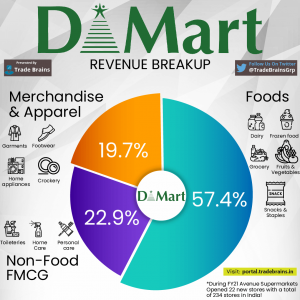
DMart, India's leading supermarket chain, saw a surge of 12.33% in its stock following a 17.18% growth in standalone revenue in the third quarter of 2021 compared to the previous year. However, concerns have been raised over increased competition in the industry, with players like Flipkart and Amazon offering home delivery at lower prices. This has led to doubts over DMart's previously unquestioned dominance in terms of price advantage. Despite this, brokerage firms like CLSA continue to suggest an 'Outperform' rating on DMart, citing its strong store addition and same store sales growth.

As Bitcoin marks its 16th anniversary, it continues to rise in popularity among investors. In just 48 hours, 11,000 BTC were removed from exchanges, indicating a strong belief in the asset's long-term potential. This trend is further evidenced by the $1 billion worth of BTC accumulated by investors since the start of the year. The approval of the ProShares Bitcoin Strategy and 11 spot Bitcoin ETFs by the SEC shed light on the increasing interest from institutional investors, with net flows into spot Bitcoin ETFs reaching $4.63 billion in December alone. Bitcoin enthusiast Tom Lee predicts that the asset could reach $250,000 in 2025, fueled by a favorable regulatory landscape and increased interest from other nations' Bitcoin reserves. With a capped supply of 21 million coins and a current price of $96,800, all eyes are on Bitcoin as it approaches this significant psychological and financial milestone.
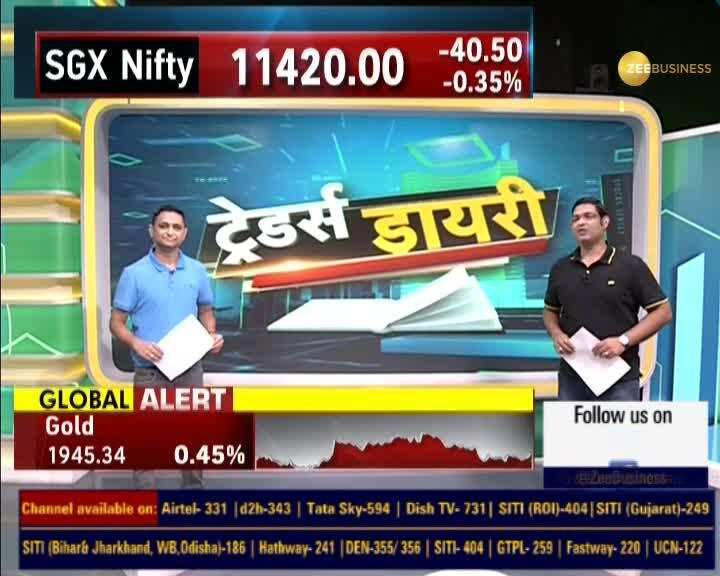
In this edition of Traders' Diary, the Zee Business research team provides exclusive research and investment ideas on 20 stocks to track for January 3, 2025. Analysts Pooja Tripathi and Kushal Gupta share their top stock picks, including Avati Feeds, PB Fintech, Bajaj Finance, Lupin, Bank of Baroda, JK Cement, Amber Enterprises, and V2 Retail. With targets and stop losses for each stock, this diary is a must-read for investors and traders.
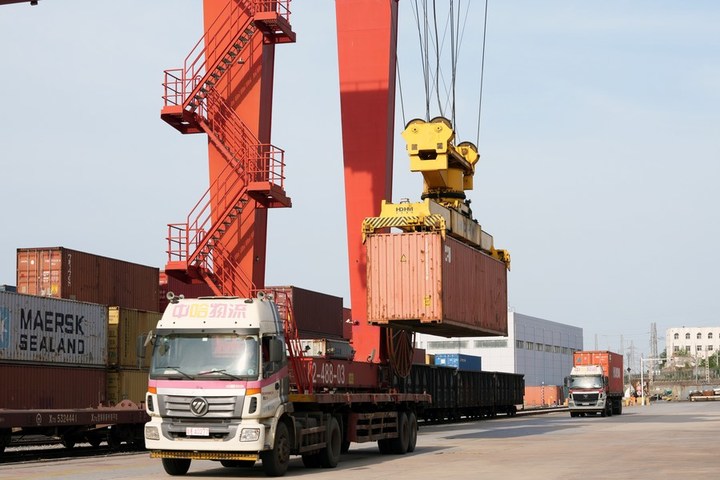
The Chinese logistics sector has seen a significant increase in activity in the last month of 2024, with the market's prosperity index reaching its highest level. This is due to supportive policies and strong market dynamics. It is projected that the total value of the country's logistics market will exceed 360 trillion yuan, cementing China's position as the world's largest logistics market for the ninth consecutive year. Experts believe that the positive growth in the sector will continue, with noticeable improvements in production and business activities.
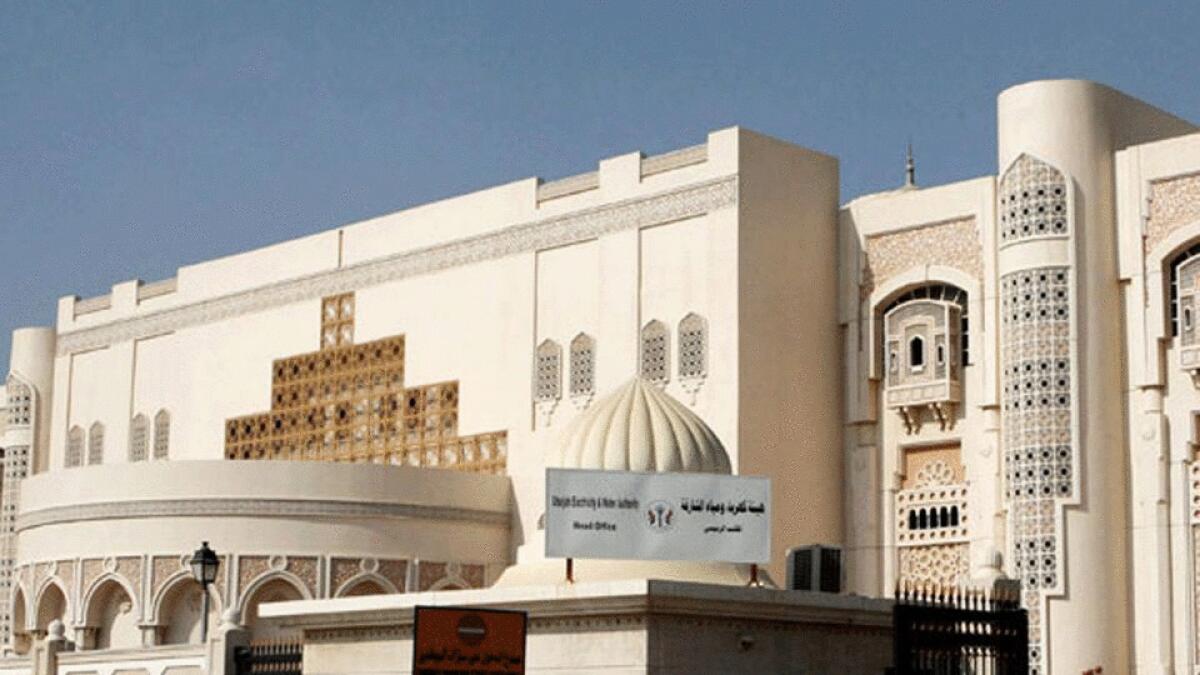
The Sharjah Electricity and Water Authority (Sewa) has extended its working hours in order to provide better services to the public. The decision came after the recent instruction from His Highness Dr Shaikh Sultan bin Mohammed Al Qasimi, and is part of Sewa's comprehensive plan to enhance its services and develop its sectors. This move will help prevent issues of scarcity in the emirate and bring Sewa's services up to international standards.